Sapphire have opted for a thin, long box featuring an image of a robot on the front. Some details of the cooler are highlighted on the rear of the box.
The bundle includes some literature, a software disc and a case badge.
The Sapphire Radeon R9 Nitro 380X is a rather diminutive card – and like all Nitro products is predominately black by design. It is a dual slot card measuring 237.5 mm (L) x 126.5 mm (W) x 41 mm (H). The shroud is not metal, just plastic.
This time Sapphire have fitted the solution with a stylish backplate, which is always good to see. We already know from previous testing that the R9 380X isn't as hot running as a R9 390X, but a backplate will help reduce hotspots, and protect sensitive circuitry underneath.
It is a rather understated card and it will fit perfectly well into any coloured system build without causing a conflict. The dual fans are very large – 100mm x 100mm.
It takes power from two six pin PCIe connectors, shown above.
The I/O plate of the R9 380X is home to a DVI-I and DVI-D connector, as well as a full sized HDMI (v1.4) and DisplayPort connector. Sadly as this is not a HDMI 2.0 capable port, there is no support for Ultra HD 4K at 60hz over the HDMI connector.
Removing the backplate requires the removal of 6 screws. It has a raised, insulated section close to the VRMs on the back of the PCB.
The heatsink can be easily separated from the plastic shroud holding the dual fans – shown above. The heatsink is comprised of 4 thick copper heatpipes which run into two racks of aluminum fins. The copper base is moderately polished.
Dual ball bearings are fitted to the fan spindles to help drive long life and to help lower noise.
Sapphire are incorporating '16K hours capacitors' on the PCB – these are high polymer aluminum caps. They are using Elpida GDDR5 memory chips on this particular GPU. We would prefer to see Samsung or SK Hynix memory – especially for the manual overclocking capabilities.
Above, a GPUz overview of the R9 380X hardware which we highlighted in detail on the previous page. We can see the R9 380X is based on the 28nm Tonga core which was originally released in August 2014 and first seen on the R9 285 with our launch review on 2nd September 2014 (HERE).
The R9 380X incorporates 32 ROPS, 128 Texture units, and 2,048 Stream Processors. The 4GB of GDDR5 Elpida memory is connected via a 256 bit memory interface.
Sapphire have overclocked the core on this R9 380X to 1,040mhz and the memory is also enhanced, from 1,425mhz (5.6Gbps effective) to 1,500 mhz (6Gbps effective).
 KitGuru KitGuru.net – Tech News | Hardware News | Hardware Reviews | IOS | Mobile | Gaming | Graphics Cards
KitGuru KitGuru.net – Tech News | Hardware News | Hardware Reviews | IOS | Mobile | Gaming | Graphics Cards


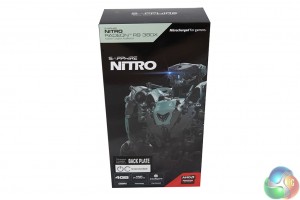
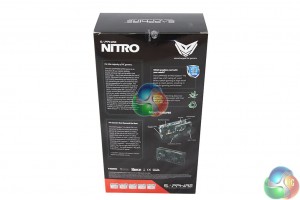
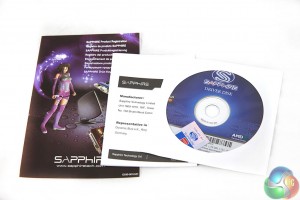
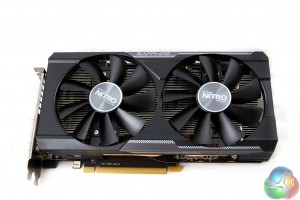
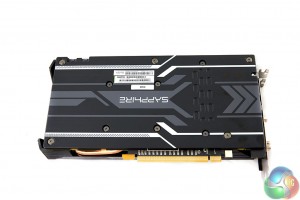
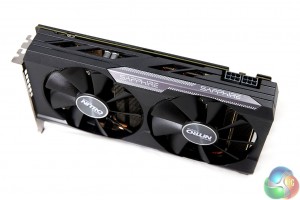
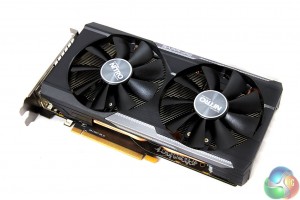
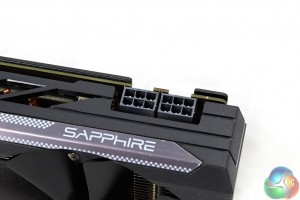
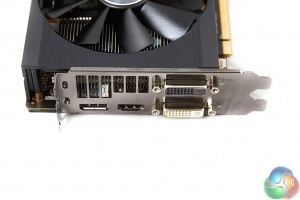
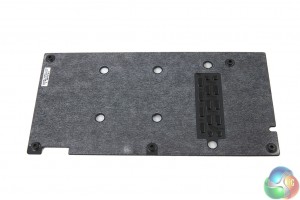
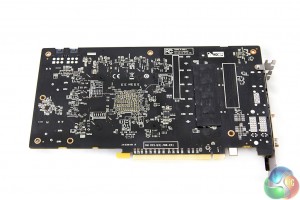
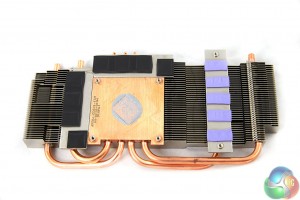
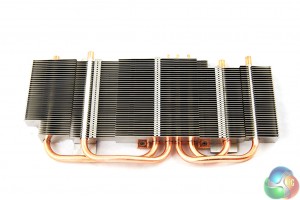
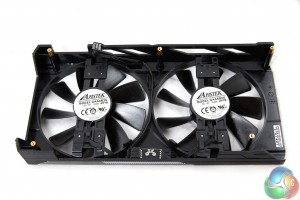
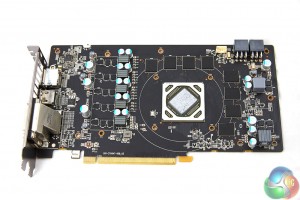
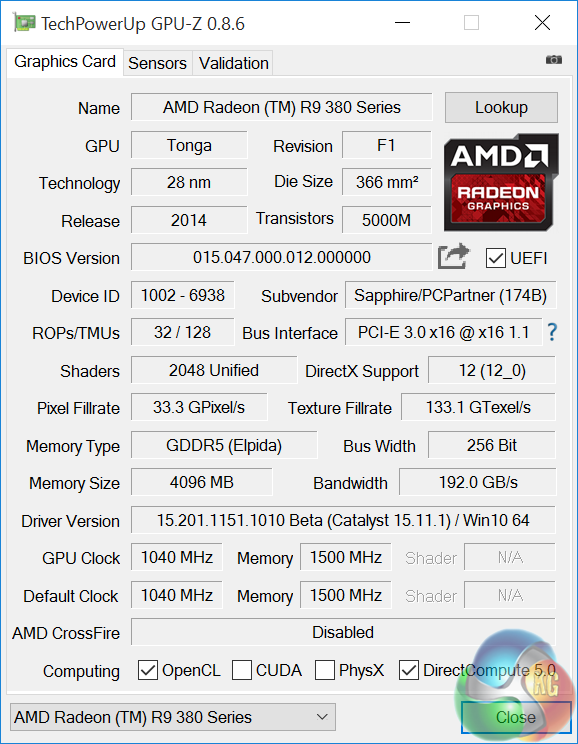
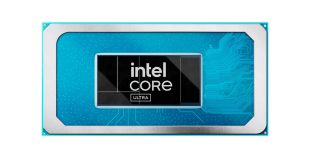
The intro paragraph at the top of the article:
“Last week AMD released their mid range R9 380X and today we supplement our launch review by taking a look at the Sapphire Radeon R9 Nitro 380X. Right now AMD have no directly competing card at the same price (£200) so partners are able to offer up some competitive solutions to tempt the enthusiast gamer.”
That should be Nvidia, right? 🙂
-.- drivers outdated, my god.
-.-‘ copy past spam
Just now l Received““my“`4th paycheck of $4395 working`onIy 3 h○urs` on my Iaptop` this week. My neighbor, who lives alone with toddlers, is making over $10k/monthIy doing this & convinced me to try. It’s so user friendly and easy to do so I thought to share it with you guys… T○ SEE what I D0“`have a peek on my“`Pr○FiIe ->>> I posted website link address there… Good luck
74
380X > 960.